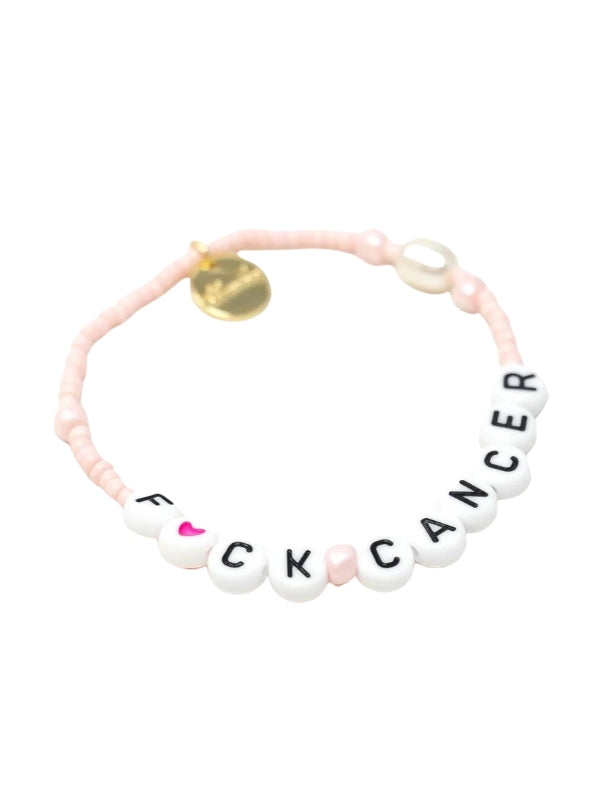
What I Wish I Knew Before My Lymphoma Cancer Treatment

Lymphoma cancer is a type of cancer that affects the lymphatic system, which is a crucial part of the body's immune system. It is a disease that is often characterized by the development of abnormal cells in the lymph nodes, spleen, and bone marrow. While lymphoma cancer can be treatable, the journey can be difficult and stressful, and it is crucial to have access to information and support during the treatment process. As someone who has gone through lymphoma cancer treatment, I wish I had known certain things beforehand. In this article, I will share my experience and provide insights and tips for others going through lymphoma cancer treatment.
Understanding Lymphoma Cancer Treatment:
Lymphoma cancer treatment typically involves a combination of therapies, including chemotherapy, radiation therapy, and stem cell transplant. The specific type of treatment prescribed for lymphoma cancer will depend on the stage of the disease, the location of the affected lymph nodes, and the overall health of the patient. It is essential to have a thorough understanding of the different types of treatment options available and the potential side effects.
Side Effects of Lymphoma Cancer Treatment:
Side effects are a common experience during lymphoma cancer treatment. These can range from physical symptoms like nausea, hair loss, and fatigue, to emotional distress such as anxiety, depression, and mood swings. It is essential to develop coping mechanisms to manage these side effects effectively. My personal experience taught me that it is important to speak with a medical professional, seek support from friends and family, and engage in activities that promote relaxation and self-care.
Importance of Support System:
A strong support system is vital during cancer treatment. It is important to have friends and family members who can provide emotional support, as well as practical help with tasks like transportation and meal preparation. I found it helpful to attend support groups and connect with other cancer patients who could relate to my experiences.
Coping with Emotions:
Cancer treatment can be an emotionally challenging experience. It is common to feel overwhelmed, anxious, and uncertain about the future. It is important to take steps to manage these difficult emotions, such as engaging in mindfulness and relaxation techniques, finding outlets for creative expression, and seeking professional help when needed.
Lifestyle Changes:
Maintaining a healthy lifestyle is crucial during lymphoma cancer treatment. This includes eating a balanced diet, engaging in regular physical activity, and avoiding unhealthy habits like smoking and excessive alcohol consumption. My personal experience taught me that it is essential to find a balance between rest and activity and to prioritize self-care and stress management techniques.
Chemo Kits Cancer Care Packages:
Chemo-Kits.com offers a variety of cancer care packages for those undergoing lymphoma cancer treatment. They have care packages designed specifically for women, including the Queen Chemo Kit, Thinking of You Chemo Kit, Original Chemo Kit, and Pamper Chemo Kit. For men, the Chemo King Kit is available, and for children, they have the Boys Chemo Kit and Girls Chemo Kit. These care packages provide a thoughtful and practical way to show support for a loved one undergoing cancer treatment.
Resources for Learning More About Lymphoma Cancer
If you or a loved one has been diagnosed with lymphoma cancer, it is essential to have access to accurate and reliable information. Here are some resources to learn more about lymphoma cancer:
-
The Leukemia & Lymphoma Society (LLS): LLS is a non-profit organization dedicated to funding research and providing support to those affected by blood cancer, including lymphoma cancer. They offer resources like educational webinars, patient education programs, and support groups.
-
American Cancer Society (ACS): The ACS is a non-profit organization that provides information and resources about various types of cancer, including lymphoma. Their website has comprehensive information about the disease, treatment options, and support resources.
-
Lymphoma Research Foundation (LRF): The LRF is a non-profit organization that funds research and provides support to those affected by lymphoma cancer. Their website has extensive resources about the disease, treatment options, and clinical trials.
-
National Cancer Institute (NCI): The NCI is a federal agency that conducts research and provides information about various types of cancer, including lymphoma. Their website has in-depth information about the disease, treatment options, and clinical trials.
-
CancerCare: CancerCare is a non-profit organization that offers support to those affected by cancer, including lymphoma cancer. They provide free counseling, support groups, educational resources, and financial assistance.
-
Chemo-Kits.com: Chemo-Kits.com offers a variety of cancer care packages designed to provide comfort and support during the treatment process. These care packages can be a thoughtful and practical way to show support for a loved one undergoing lymphoma cancer treatment.
These resources can help you learn more about lymphoma cancer and provide support during the treatment process. It is essential to have access to reliable and accurate information and to seek out support when needed.
Conclusion:
In conclusion, lymphoma cancer treatment can be a challenging experience. It is crucial to have access to information and support during the treatment process. Understanding the different types of treatment available, developing coping mechanisms to manage side effects, and maintaining a healthy lifestyle are all important steps to take. Building a strong support system and seeking professional help for emotional distress can also be beneficial. Finally, Chemo-Kits.com offers excellent cancer care packages that can provide comfort and support during the treatment process. If you or a loved one is undergoing lymphoma cancer treatment, I encourage you to take advantage of the resources available and to reach out for support when needed.
Frequently Asked Questions (FAQs) about Lymphoma Cancer
- What is the main cause of lymphoma?
- Can lymphoma cancer be cured?
- What is the best treatment for lymphoma cancer?
- Is lymphoma the most treatable cancer?
Lymphoma cancer is considered to be one of the most treatable types of cancer, with high success rates for cure or long-term remission. However, the success of treatment depends on various factors, as mentioned earlier.
- What is the best treatment for lymphoma cancer?
The best treatment for lymphoma cancer depends on various factors, such as the type of lymphoma, the stage of the disease, and the individual's overall health. Typically, lymphoma cancer is treated using a combination of therapies, including chemotherapy, radiation therapy, and stem cell transplant. Your healthcare team will determine the best treatment plan for you based on your specific case. It is important to discuss the potential benefits and risks of each treatment option with your healthcare provider and to ask any questions you may have. Regular follow-up care is essential to monitor the effectiveness of treatment and to manage any potential side effects.
- Is lymphoma a serious cancer?
- How fast does lymphoma spread?
- Does lymphoma shorten your life?
- What type of lymphoma is not curable?
- At what stage is lymphoma curable?
- Does Chemo get rid of lymphoma?
- What are the 3 main types of lymphoma?


















